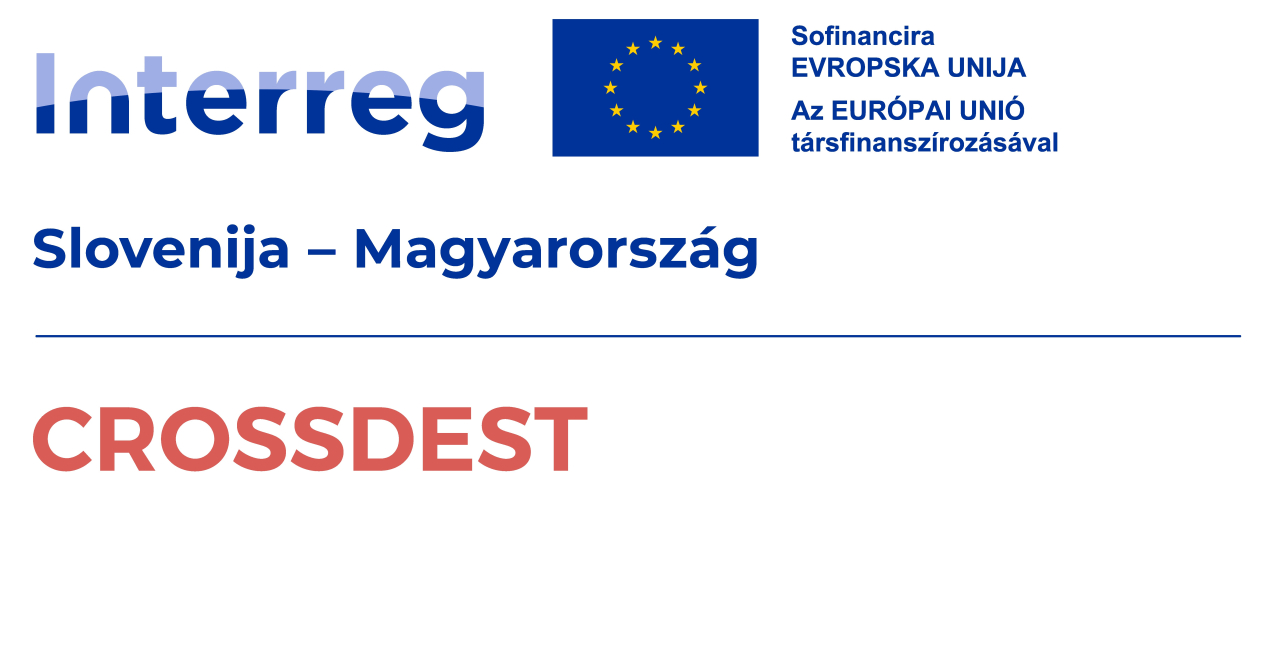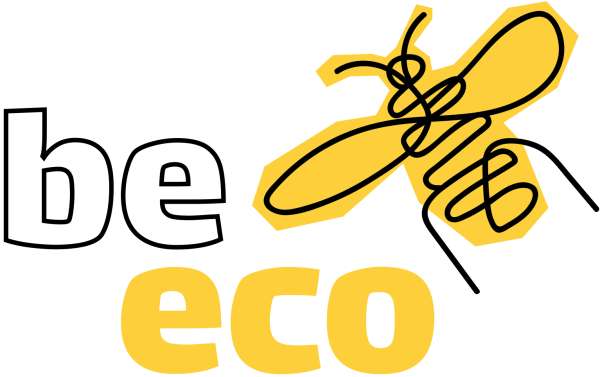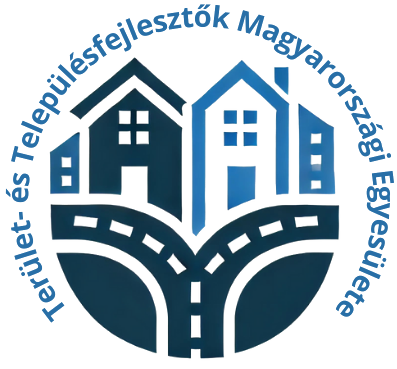Zeteváralja
Zeteváralja (in Romanian, Sub Cetate) is a small holiday settlement in Harghita County, belonging to the commune of Zetelaka, situated on the picturesque shore of the Zetelaka Reservoir, approximately 20 km from Székelyudvarhely. This area became a popular tourist destination thanks to the lake created by damming the Nagy-Küküllő River and the surrounding pine forests. The reservoir was originally built in the 1970s for flood control and water management purposes, but today it primarily serves recreational, fishing, and holiday functions. The lakeside is lined with cabins, guesthouses, and inns, welcoming visitors throughout the year. Most accommodations are located directly by the water or at the edge of the forest. During the summer, activities such as boating, kayaking, paddleboarding, swimming, and fishing provide entertainment. Around the lake, there are designated fire pits, benches, and hiking trails available for nature enthusiasts. For anglers, the reservoir is a peaceful fishing spot, home to carp, crucian carp, and perch. In winter, the area takes on a quieter charm but remains an excellent destination for those seeking tranquillity and fresh air. The nearby routes leading to Székelyvarság, Firtos Peak, or Gordon Hill are easily accessible, offering opportunities for mountain hiking or shorter excursions for outdoor lovers. Zeteváralja is not a bustling holiday resort but a serene, nature-focused retreat where Székely hospitality, homemade flavours, fresh air, and a slower pace of life all contribute to a complete and fulfilling experience. - editorial content -
Getting there
- Walk
- Horseback
- Bike
- Electric bicycle
- Bus (rented for the trip)
- Bus (rented for the trip)
- Motorcycle
- Car
- Electric car
Arrival
- Walk
- Horseback
- Bike
- Electric bicycle
- Bus (rented for the trip)
- Car
- Motorcycle
Public transport
- bus
Parking information
- Free outdoor parking available
Sustainability level
Topic 1: Destination Management 56%
- Visitor management: 80%
- Commitment and organization: 0%
- Design & development: 50%
- Monitoring and reporting: 50%
- Legal and ethical compliance: 100%
Topic 2: Nature and landscape 100%
- Nature and wildlife protection: 100%
- Nature and conservation: 100%
Topic 3: Environment and climate 43%
- Land use and pollution: 67%
- Water management: 40%
- Energy, sustainable mobility and climate change: 0%
- Adaptation to climate change: 50%
- Waste and recycling: 60%
Topic 4: Culture and traditions 88%
- Cultural heritage: 100%
- People and traditions: 75%
Topic 5: Social Welfare 34%
- Health and safety: 100%
- Local economy: 0%
- Socio-economic impacts: 0%
- Community participation: 0%
- Human dignity: 71%
Topic 6: Business and Communication 61%
- Business participation: 22%
- Information and marketing: 100%




